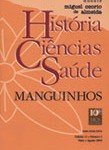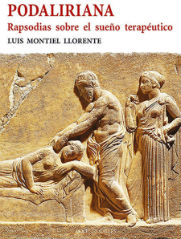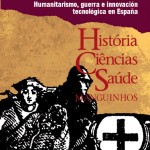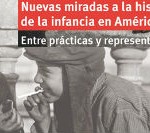October 19th, 2021
Last Saturday, October 16th the World Food Day was celebrated under the theme “Our Actions are our future”. It focused on inequalities and injustices in the agri-food systems.
We highlight some articles published in HCS-Manguinhos that address the issue of food. Topics include the eating habits of the Baniwa people in the Amazon region, the history of nutrition in Latin America, food regulation in São Paulo and Rio de Janeiro between 1889 and 1930, representations of food and drink in Brazilian popular music and the history of coffee and sugar cane cultivation.
For the Baniwa people, in the northwestern Amazon, there is a unity of spirit between humans and animals. In the article Cosmology, environment, and health: Baniwa food myths and rituals, Luiza Garnelo (Fiocruz / Amazonia) analyzes the eating habits, myths and rites of the Baniwa people. This article was published in a special issue on the Amazon Region (vol.14 suppl.0 Dec. 2007).
The article “Fight the poisoners of the people!” discusses the beginnings of food regulation in São Paulo and Rio de Janeiro between 1889 and 1930 (HCSM vol.24 no.2 abr./jun 2017). Researcher Universidad del Norte, Barranquilla, Colombia) spans the First Brazilian Republic (1889-1930) and shows that since its proclamation the issue of regulating the food trade was part of health policies.
The article “Hunger, food and drink in Brazilian popular music: a brief overview” reflects on how the themes of food and drinks are addressed in the so-called protest song, a Brazilian musical genre characterized by a social criticism to military rule. Researchers Francisco de Assis Guedes de Vasconcelos, Mariana Perrelli Vasconcelos and Iris Helena Guedes de Vasconcelos investigate some popular songs written over the years of the Brazilian military dictatorship (1964-1985).
Investigar en tiempos de pandemia: archivos digitales para la historia de la agricultura y el medioambiente “En vez de ver la investigación digital como una alternativa inferior a la investigación histórica tradicional — algo para hacer ‘mientras tanto’— debemos verla como una oportunidad para explorar nuevos tipos de proyectos.” Stuart McCook, profesor de historia en la Universidad de Guelph, presenta algunas colecciones digitales sobre temas que van desde la historia del cultivo del cafe y de la cana de azúcar hasta la biodiversidad a nivel mundial.
History and nutrition in Latin America The shift from ‘traditional’ and local diets to one based more heavily on imported and processed foods is addressed in this historiographical review. See an interview with its author, historian Jonathan Ablard.









